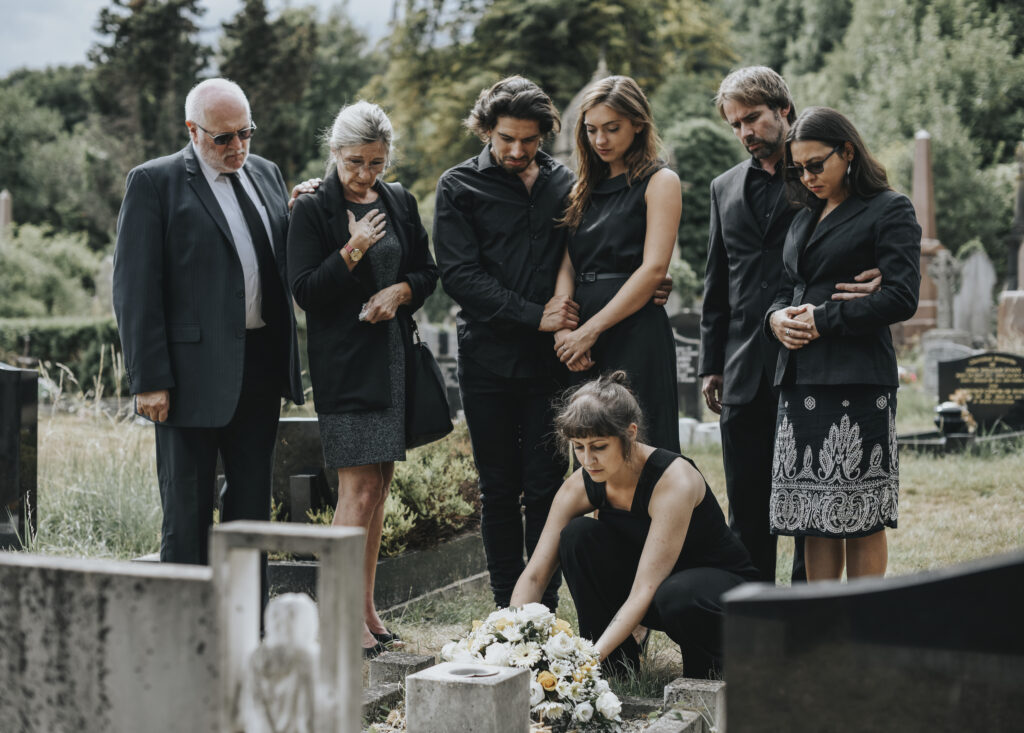A last will and testament, often referred to as simply a “will,” is the best known estate planning document. However, it’s also one of the most misunderstood, says an article titled “Most people don’t fully understand how wills work” from The News-Enterprise. Among the common misunderstandings that Beck, Lenox & Stolzer Estate Planning and Elder Law, LLC, LLC, hears are 1)how probate works when you only have a will, 2)how to make sure the beneficiaries named in your will actually inherit the items you want to give them, and 3)how much control the executor has during the distribution of assets. So, how does a will work after death?
First of all, don’t confuse a will with a Living Will. The Living Will concerns your wishes for end-of-life decision making, like whether you want to be kept alive by artificial means. A will is your declaration of how you want your property to be distributed after death.
Generally speaking, there are five main parts to a will. The first is a statement of your marital status and family relationships. It recognizes your natural heirs and states the relationship, even if they are not named later on as beneficiaries.
The second part of the will discussed how property is to be divided and distributed. This may include a list of beneficiaries and what percentage of the estate they are to receive. It may include instructions for distributions over a period of time, although a trust is usually used to control distribution. Personal items, including those of value, like jewelry, and those of sentimental value, like Mom’s favorite serving platter, can be listed in this section. An important note is to make sure the beneficiary designations on financial products like your 401k match what your will states.
The third part names the people you have chosen to fulfill specific roles. That includes the executor, who is the person responsible for carrying out the instructions in the will. Always name a successor executor, in case the primary executor predeceases you or chooses not to serve. Some people are comfortable naming a tertiary executor, just in case.
How does a will work after death where executors are concerned? The will includes information on the rights and duties of the executor, authorizing the executor to pay bills from the estate owed to creditors, final illness expenses and funeral expenses. Depending on your situation, it can also include information on whether the executor may acquire assets, sell real estate and personal property and make charitable gifts. Most executors file the last and final federal and state tax returns for the decedent.
If there are minor or disabled children, the will is used to name a guardian for them. If this detail is neglected, the court will appoint a guardian for minor or disabled children. It may not be the person you would have chosen. Over time, as your children grow and especially if their relationships with family members change, this should be updated. The same doting aunt who adored your three year old may not have the same relationship with the teenager she has now become.
Having a will means that property passes through probate, a court proceeding to make sure the will is valid and conforms to the laws of the state. Unless property has passed through a trust or a payable on death account, it goes through probate. The will is filed with the court, when it becomes part of the public record and may be read by anyone who wants to see its contents.
A will provides no protection from creditors. The will only becomes effective after death, so it only applies to whatever property is available after the person has died. By law, debts must be paid before beneficiaries receive property.
According to Beck, Lenox & Stolzer, an estate planning attorney should make sure the client has a will that accurately reflects the client’s wishes, and that the client clearly understands how does a will work after death.
Reference: The News-Enterprise (Nov. 9, 2021) “Most people don’t fully understand how wills work”










